Graham Reid | | 3 min read
Mike Nock: Her (from the 1993 album Touch)
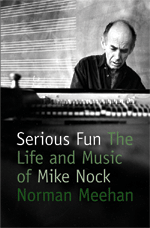
Alongside Alan Broadbent, Mike Nock has been New Zealand's most successful and visible jazz export. Like composer/pianist and Grammy-magnet Broadbent, Nock was lost to the country early.
Both men won Downbeat scholarships to Berklee and were there before they were 21, Broadbent having played the clubs of Auckland and Nock by a rather more circuitous route.
Nock -- born in Christchurch but who spent formative years in Ngaruawahia and Nelson before gravitating to Wellington to start a playing career by the time he was 16 -- came from that era of self-taught players who would take any gig going just to be near a piano.
At one point he was the blind pianist in a travelling show (he'd reveal himself though when he took off his glasses and followed a pretty girl as part of the gag). He also worked the door.
During these years Nock wasted no money on food or clothing (he would rent suits for black-tie gigs) but was obsessive about playing.
After a short time in Auckland he headed to Sydney where he formed the influential 3-Out Trio which recorded for EMI. Widely considered one of the hottest group in the city, they also took to touring with Coleman Hawkins, Dakota Staton and others, all learning experiences which Nock and the group took to Britain where he arrived in 1961 at age 20.
But despite some small success in the three months they were there, Nock had his eyes set on the States where he could pick up the Berklee place he had been offered. But over there in Boston it was just as much of a struggle as his award didn't cover tuition fees, so he went to work, studied, was a member of the group which recorded an album of Quincy Jones tunes (also in the band was Gary Burton) and found plenty of playing opportunitites.
"I couldn't get over the fact that nearly everybody I heard sounded better than me; they all had a thing . . . coming from New Zealand I had that 'New Zealand stiffness' in my playing, and maybe the locals interpreted that as exciting . . . Anyway I got lots of work."
This thorough and sympathetic biography -- Meehan a pianist/composer himself, Nock very open, colleagues candid -- traces that working life with its roll call of famous names Nock either worked with, influenced or was influencd by. In just one club -- Lennie's where he was the house pianist -- he played with Coleman Hawkins, Sonny Stitt, Phil Woods, Benny Golson, Pee Wee Russell and others. At other times he was spending time in bands and recording with the likes of Yusef Lateef and Sam Rivers.
His band The Fourth Way in San Francisco anticipated the fusion movement and supported Miles Davis in the Bitches Brew era at a gig. ("Man, I'm never going on second again," Davis told Fourth Way drummer Eddie Marshall).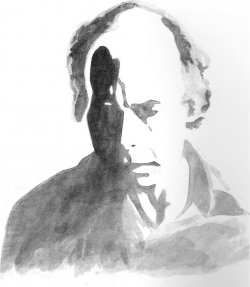
When The Fourth Way broke up in 1970, Nock began a life of almost restless movement, touring, doing studio sessions in New York for almost a decade, return visits to New Zealand and eventually, in '85, accepting a position as the Artist in Residence at the Brisbane Conservatory. That in turn lead to a position in Sydney's Conservatorium.
Along the way Nock replaced Keith Jarrett in Art Blakey's Jazz Messengers (to be replaced in turn by Chick Corea after he took ill), recorded for ECM (just one album), some excellent work with Frank Gibson (their duet album Open Door), lead bands which included John Scofield and John Abercrombie, did soundtracks (one for a porn film), had commissions from chamber orchestras and dance groups -- and always went his own musical way.
In these pages Nock admits to drugs and infidelities, of not being the easiest person to work with sometimes (there is the Mike Nock School of Hard Nocks for those who have been through his bands) and Meehan paints a portrait of the man as much as the musician. Meehan is insightful into the changes in Nock's music over the decades.
A bonus here is the DVD of the 50-minute '93 doco Mike Nock: A Film by Geoff Cawthorn in which Nock is taken back to his old haunts around New Zealand and New York.
Nock's journey hasn't been easy but he admits music was the way he found to express himself. And that music resonates for its honesty of expression, especially his acoustic work which has a rare sensibility.
This fine, fair and important book arrives as Nock celebrate 70, and over six decades of remarkable and diverse music making.

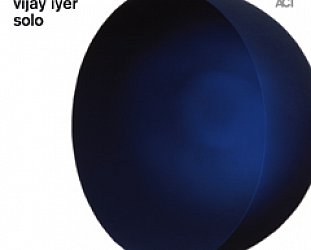
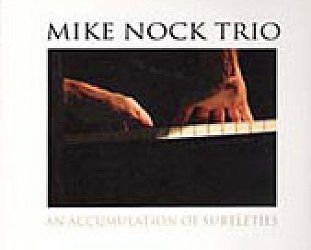
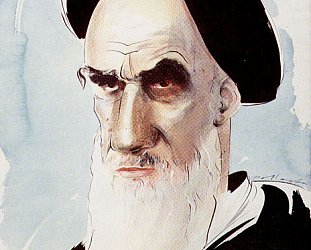
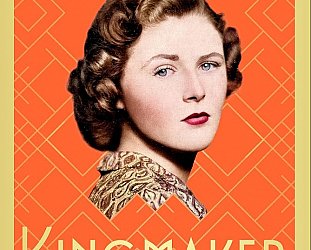
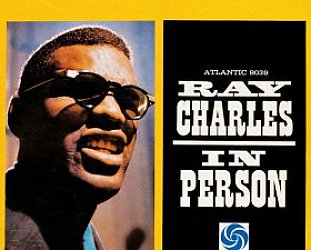

post a comment